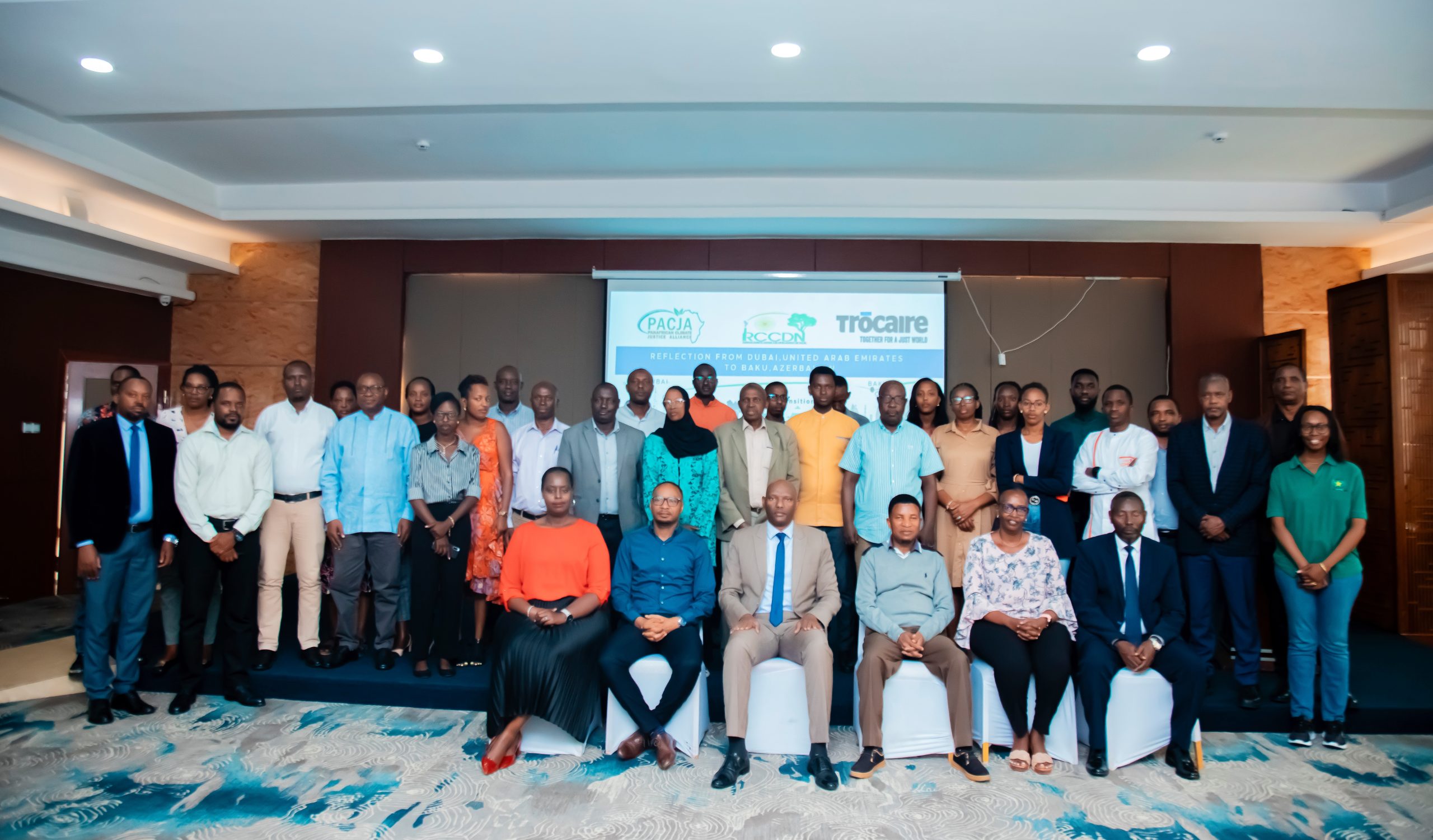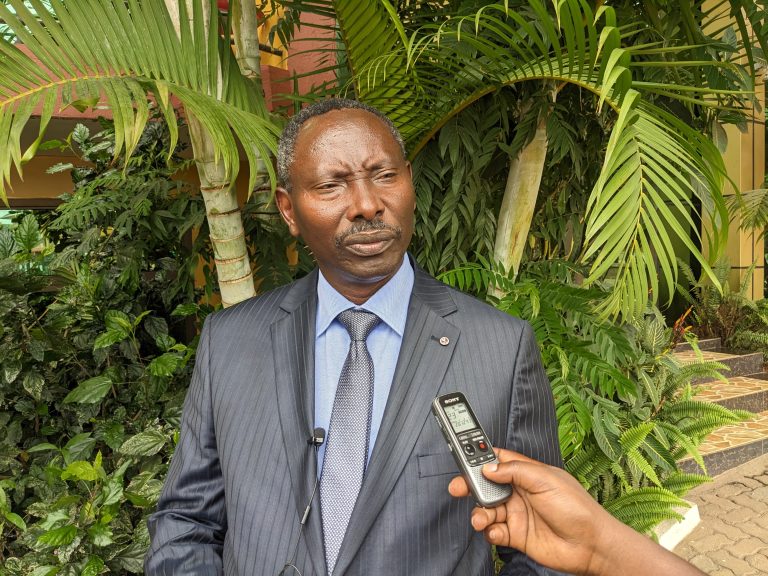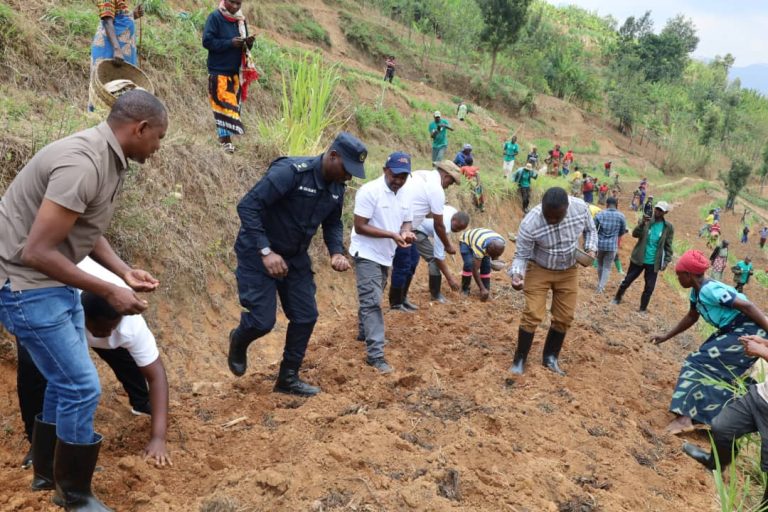Following the establishment of the Loss and Damage Fund at COP28, Rwanda is gearing up for the upcoming COP29 climate summit in Azerbaijan. The country is prioritizing increased climate finance and transparent access to the fund to address the devastating impacts of climate change.
The Rwanda Climate Change and Development Network (RCCDN) comprises 73 organizations members, working on environmental and climate issues, convened a consultation meeting on September 11, 2024, to discuss COP28 outcomes and strategize for COP29.
Rwanda currently faces a significant funding gap of over Rwf518 billion to recover from disasters that struck the country in May 2023. While COP28 saw pledges of $772 million to the Loss and Damage Fund, this falls far short of the estimated annual need of $580 billion by 2030 and $1.7 trillion by 2050.
Rwanda’s lead negotiator, Faustin Munyazikwiye, underscored Rwanda’s vulnerability to climate change impacts as other developing countries and the importance of the New Collective Quantified Goal on Climate Finance (NCQG). Rwanda is eagerly awaiting the outcome of the climate negotiations. The NCQG aims to replace the previous $100 billion annual commitment from developed countries, which has fallen short. Rwanda advocates for a new goal that considers the specific needs and priorities of developing countries. “Rwanda as a Party to the UNFCCC will play its role during COP29 by participating in negotiations with the aim of ensuring that Rwanda’s interest and priorities are considered in the global climate agenda.”
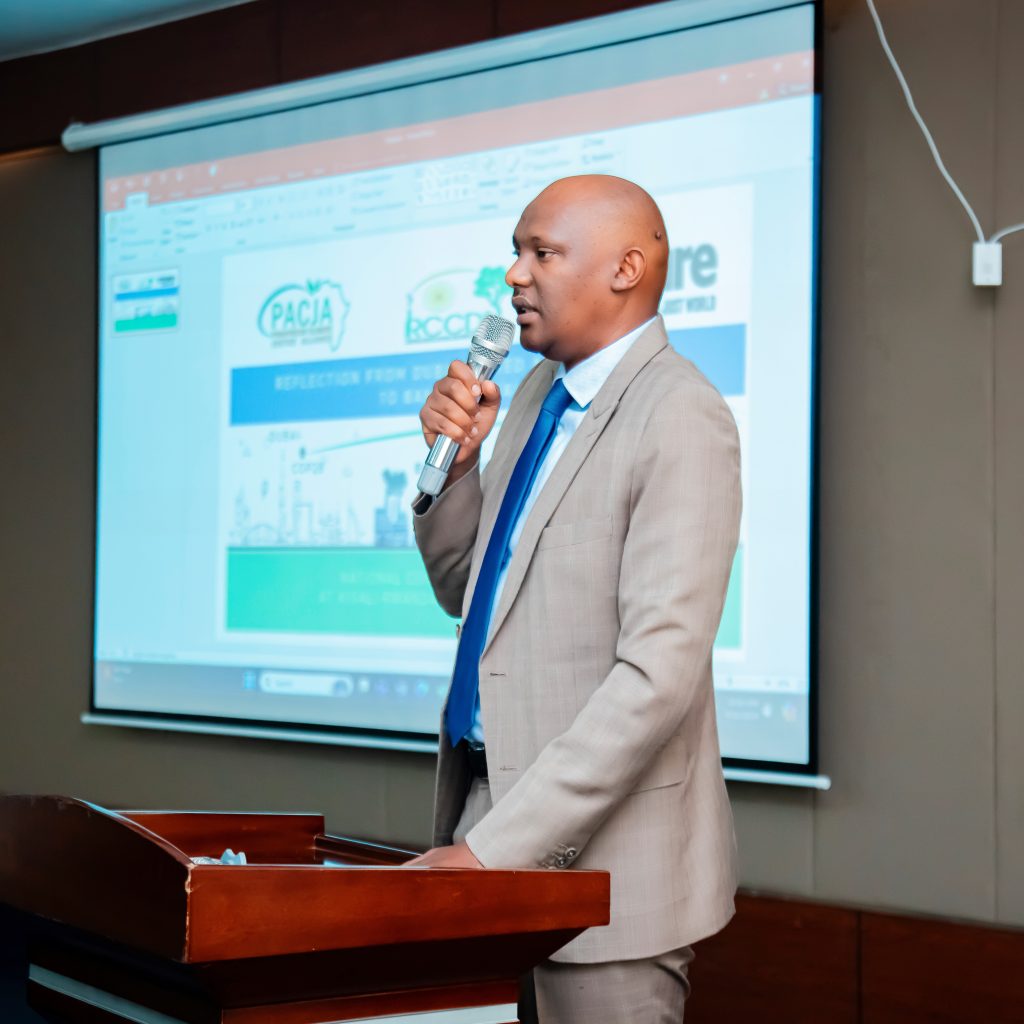
He added, “This new goal where some propose $3 trillion must take into account the needs and priorities of developing countries. The $100 billion pledge has never been met. In structuring the new goal on climate finance, Rwanda will advocate for the special circumstances of most vulnerable Countries to be considered and reporting issues from developed country contributors to be clear to ensure the tracking of their pledges,” he said.
Adaptation finance is another critical area of focus. Experts warn that current funding allocations heavily favor mitigation measures, while Africa urgently needs adaptation finance. Rwanda has identified a $7.1 billion funding gap to meet its climate action targets and plans to invest $11.04 billion in mitigation and adaptation efforts.
Faustin Vuningoma, the RCCDN Coordinator said that $772 million mobilised at COP28 for the ‘Loss and Damage Fund’ for climate vulnerable countries is a drop in the ocean saying; “This money is not even enough for Rwanda alone. Adaptation finance should be prioritised both in Rwanda and other developing nations.”
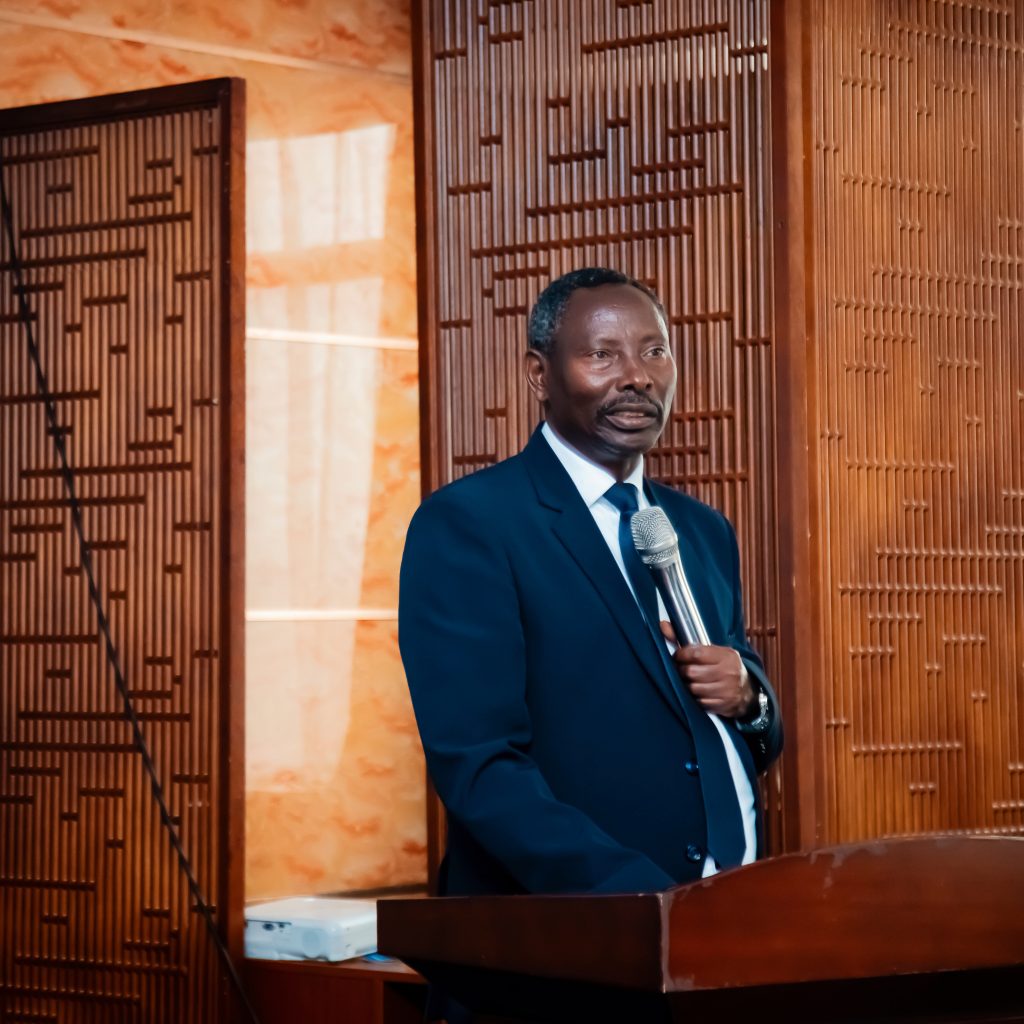
He added, “Rwanda and African countries have the smallest contribution to global warming yet they are most affected by climate change effects. Therefore, we need finance to adapt to these effects. COP29 was nicknamed Finance COP.” He emphasises the need for increased adaptation finance, particularly for vulnerable nations like Rwanda. They argue that the $772 million mobilized at COP28 is insufficient and that Africa requires trillions of dollars to address the impacts of climate change.
Mithika Mwenda, the Executive Director of the Pan African Climate Justice Alliance, said Africa should have one voice to ensure climate justice for its people. Therefore, he helped the revealers to understand more on climate justice and more that need to be understood, such that people shall be able to fight for their life in regards to climate change.
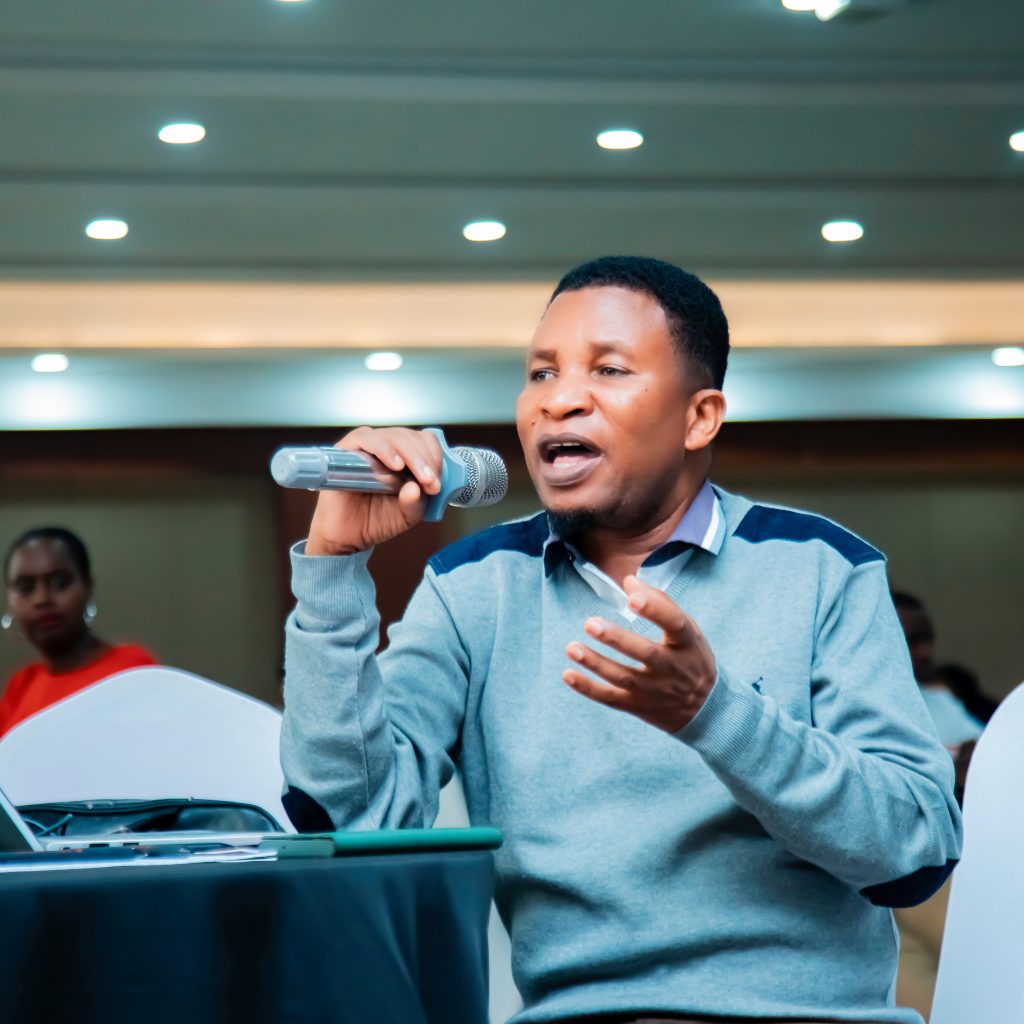
Herman Hakuzimana, Rwanda’s Deputy Lead Negotiator from REMA, emphasized the need for additional funds and inclusive funding structures. Rwanda, a vulnerable nation disproportionately affected by climate change despite its minimal contribution to global warming, requires direct access to the Loss and Damage Fund.
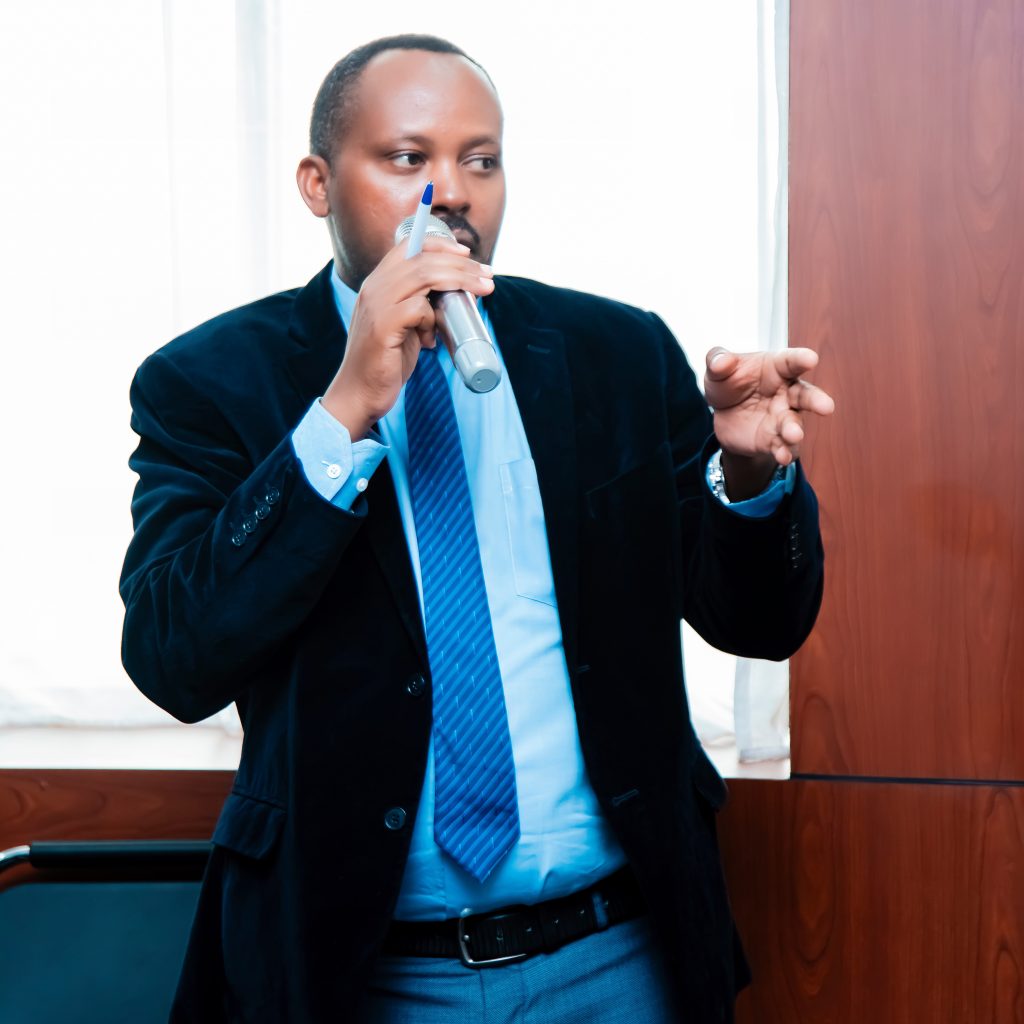
As COP29 approaches, Rwanda is determined to advocate for increased climate finance, direct access to the Loss and Damage Fund, and a fair and equitable global climate agenda. The country’s efforts align with the broader calls for climate justice and sustainable development in the face of a changing climate.

